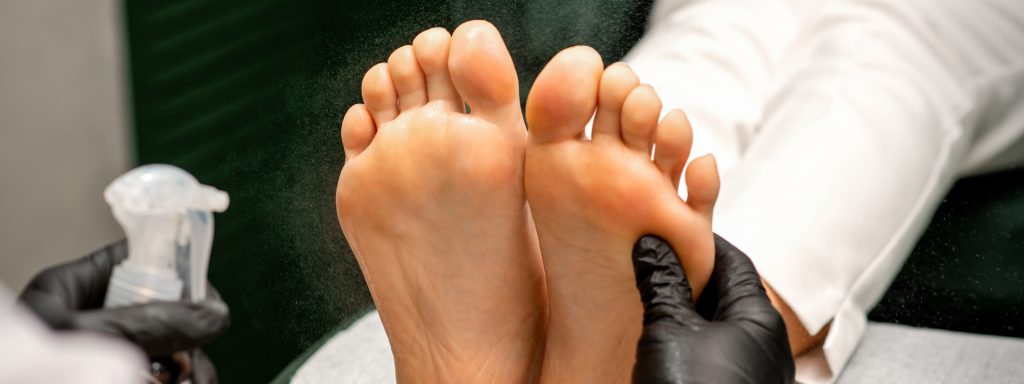How Important is Eyewitness Testimony After a Car Accident?
Car accidents happen in an instant, and often, the drivers involved remember the event very differently. When insurance companies or courts review a case, conflicting accounts can complicate determining fault. This is where eyewitness testimony becomes incredibly valuable. A neutral third party can provide clarity, strengthen your case, and help ensure justice is served.
At RTRLAW, our attorneys have represented thousands of clients in Florida and Texas auto accident cases. We know firsthand how powerful eyewitness statements can be in securing favorable outcomes. We can help you understand why testimony from those who saw your crash matters, what details to collect, and how it can influence your claim.
Why Do Eyewitness Testimonies Matter?
Eyewitness testimony provides an independent perspective on the accident separate from the drivers involved. Because witnesses have no financial stake in the outcome, their accounts are often viewed as more credible than the statements of those directly affected.
Courts and insurance adjusters rely on this testimony to fill in gaps, confirm details, or resolve disputes. A witness might have noticed factors you didn’t, such as whether a driver ran a red light, was using a cell phone, or appeared impaired. These details can shift liability and ultimately determine compensation.
The credibility of a case is stronger when supported by multiple perspectives. Even a single witness can provide the objective evidence needed to tip the balance in your favor.
What Information Can Witnesses Provide That Will Assist Victims in an Auto Accident Case?
Eyewitnesses may notice critical elements that victims overlook in the heat of the moment. Their testimony often paints a clearer picture of how the accident occurred. Key details may include:
- The speed or driving behavior of vehicles before the crash
- Whether traffic signals, stop signs, or right-of-way rules were ignored
- Conditions of the road, weather, and visibility
- Sounds before or during the collision, like screeching brakes or honking
- The sequence of events leading up to and following impact
These details matter because they help establish causation and fault. For example, if a driver denies speeding but a witness confirms otherwise, that testimony can carry significant weight during negotiations or trial.
By providing an unbiased account, witnesses help ensure the truth is preserved, especially when physical evidence alone doesn’t tell the full story.
What Challenges Arise from Eyewitness Testimony After a Car Wreck?
While eyewitness testimony is powerful, it isn’t perfect. Human memory can fade quickly or become distorted over time. Stressful situations, like witnessing a violent collision, can also affect how accurately someone recalls events.
Additionally, opposing parties may try to discredit a witness by questioning their vantage point, attention, or potential biases. For example, a person across the street may not have had a clear view, or someone who knows one of the drivers may be accused of favoritism.
These challenges don’t mean eyewitness testimonies aren’t useful, but it highlights the need to gather statements quickly and ensure they are consistent and well-documented. When combined with physical evidence like photos, police reports, and medical records, testimony becomes even stronger.
How Do You Properly Collect and Preserve Eyewitness Testimony After an Accident?
After an accident, gathering witness information should be one of your top priorities if you’re able. Since people often leave the scene quickly, it’s important to act fast. Make sure to:
- Ask for the witness’s full name and contact information
- Request a written or recorded statement if possible
- Note where they were standing or driving when they saw the crash
- Encourage them to share any photos or videos they may have taken
If you’re too injured to collect this information, ask someone nearby to help. Police officers who respond to the accident also typically include witness details in their official reports.
Preserving testimony is essential because over time, memories fade or people may become unreachable. Having clear, early statements protects your ability to use their accounts effectively in negotiations or court.
What Role Does a Person Giving an Eyewitness Testimony Play Regarding Legal Claims?
In many cases, eyewitness testimony provides the missing puzzle piece in proving fault. Insurance adjusters use these statements to assess liability, and if your claim goes to court, juries often find unbiased witness accounts persuasive.
Testimony can directly impact the amount of compensation awarded for damages like medical expenses, lost wages, and pain and suffering. Even when other evidence exists, the added credibility of a third-party witness can make a significant difference.
At RTRLAW, we’ve seen eyewitness accounts turn contested cases into clear victories for our clients. Having an attorney to track down, interview, and prepare witnesses ensures their testimony is as strong and effective as possible.
Let RTRLAW Help Secure Eyewitness Testimony & Protect Your Rights After an Auto Accident
Eyewitness testimony can make a critical difference in your car accident case by providing unbiased, detailed accounts that support your claim. While human memory has its limitations, gathering statements quickly and preserving them carefully strengthens your ability to prove fault and recover compensation.
If you’ve been injured in a car accident in Florida or Texas, you don’t have to handle this process alone. RTRLAW’s experienced attorneys will secure and present the strongest possible evidence, including eyewitness testimony, to fight for the justice and compensation you deserve. Call 833-HIRE-RTR (833-447-3787) today for a free consultation and let RTRLAW help with your auto accident case today.


 CALL US NOW
CALL US NOW TEXT US NOW
TEXT US NOW



























